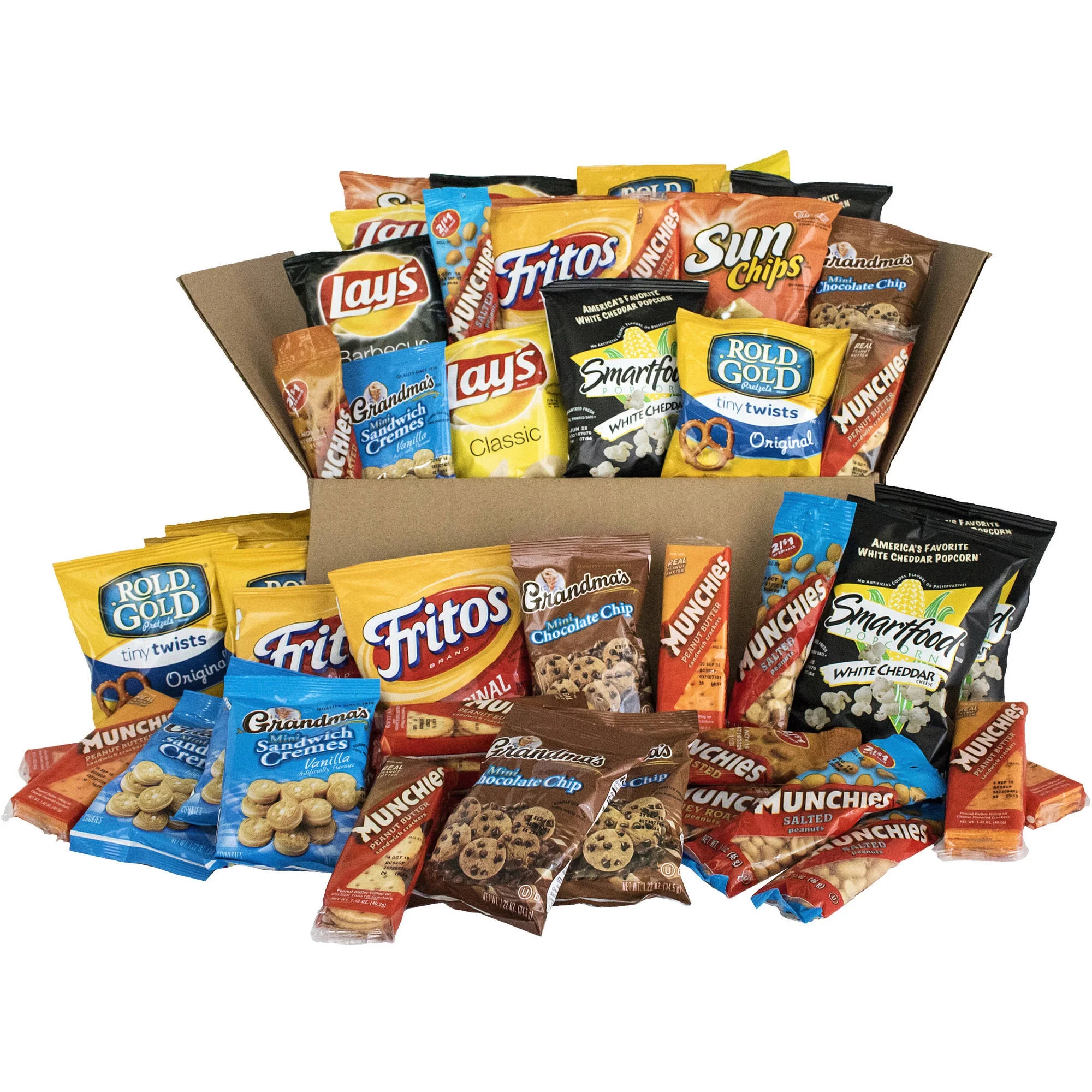The Global Battle Against Processed Foods
IMPLICATIONS FOR OUR HEALTH AND FUTURE

Processed foods are a modern convenience, offering quick meals and long shelf lives, but they have become a growing concern in the fight against chronic diseases and poor health outcomes worldwide. As the consumption of ultra-processed foods rises, governments, health experts, and individuals are pushing back, championing fresh, whole foods to preserve health, culture, and the environment.
The Growing Dependence on Processed Foods
Processed foods, which range from packaged snacks and sugary beverages to ready-to-eat meals, have become dietary staples in many parts of the world. These products are typically loaded with refined sugars, unhealthy fats, and artificial additives. While their affordability and accessibility make them appealing, they often come at the cost of nutrition. According to a 2023 study by the Global Nutrition Report, over 50% of the calories consumed in high-income countries come from ultra-processed foods, with numbers rapidly increasing in developing nations.
Health Implications of Processed Food Consumption
The rise in processed food consumption is strongly linked to a surge in non-communicable diseases (NCDs) like obesity, diabetes, cardiovascular diseases, and certain cancers. The World Health Organization (WHO) estimates that NCDs are responsible for over 70% of global deaths annually, with diet playing a significant role.
Obesity and Metabolic Disorders: The high caloric density and low nutritional value of processed foods contribute to weight gain and metabolic issues. For instance, trans fats, often found in processed snacks, are notorious for increasing bad cholesterol levels and reducing good cholesterol, raising the risk of heart disease.
 Addiction and Overeating: Many processed foods are designed to be hyper-palatable, combining sugar, fat, and salt in ways that stimulate the brain’s reward system, leading to overeating.
Addiction and Overeating: Many processed foods are designed to be hyper-palatable, combining sugar, fat, and salt in ways that stimulate the brain’s reward system, leading to overeating.
Impact on Mental Health: Emerging research suggests a connection between ultra-processed foods and mental health disorders, including depression and anxiety. These foods often lack critical nutrients like omega-3 fatty acids, which are essential for brain health.
The Global Pushback: A Shift Towards Whole Foods
Awareness campaigns, public health policies, and grassroots movements are pushing back against the dominance of processed foods.
Regulations on Processed Foods: Governments are implementing measures to curb consumption. Countries like Chile and Mexico have introduced warning labels on ultra-processed products, while others, including the UK, are taxing sugary beverages.
Farm-to-Table Movements: Across the globe, there is a resurgence of interest in locally sourced, organic, and minimally processed foods. Farmers’ markets, community- supported agriculture (CSA), and urban gardening initiatives are gaining popularity.
organic, and minimally processed foods. Farmers’ markets, community- supported agriculture (CSA), and urban gardening initiatives are gaining popularity.
Education and Advocacy: Organizations like Slow Food International promote the cultural and health benefits of traditional diets. Schools and workplaces are also becoming key battlegrounds, with healthier meal programs and wellness initiatives.
Cultural and Economic Implications
While the shift away from processed foods has clear health benefits, it also presents challenges, particularly in low-income communities where affordability and access to fresh produce are barriers.
Moreover, processed foods often carry deep cultural ties, such as instant noodles in Asia or prepackaged meals in Western societies. Balancing health advocacy with cultural sensitivity and economic realities is crucial.
What You Can Do![]()
The fight against processed food begins at the individual level. Here are some steps to contribute:
Prioritize Whole Foods: Fill your plate with vegetables, fruits, whole grains, and lean proteins.
Read Labels: Learn to spot hidden sugars, unhealthy fats, and artificial additives.
Cook at Home: Preparing meals from scratch gives you control over ingredients and portion sizes.
Support Policy Changes: Advocate for public health policies that make healthy eating more accessible and affordable.
Processed foods are a modern convenience, offering quick meals and long shelf lives, but they have become a growing concern in the fight against chronic diseases and poor health outcomes worldwide.
As the consumption of ultra-processed foods rises, governments, health experts, and individuals are pushing back, championing fresh, whole foods to preserve health, culture, and the environment.